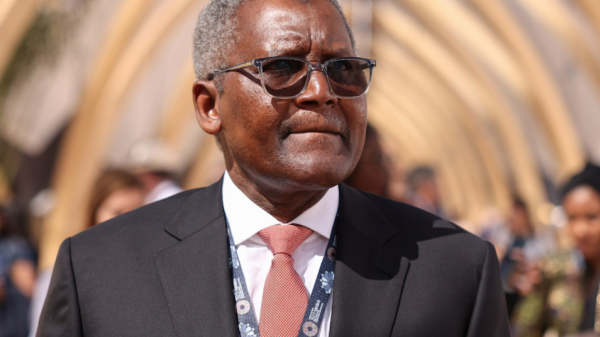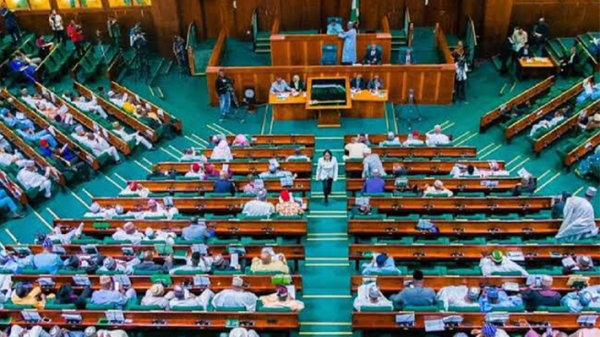Lagos, Nigeria – The World Bank has issued a stern warning, indicating that Nigeria is on the brink of a worsening food crisis, similar to those experienced in war-torn regions like Yemen and Ethiopia. The report highlights the critical need for urgent government intervention to prevent millions of Nigerians from plunging deeper into hunger and malnutrition.
Nigeria, Africa’s most populous country, has long struggled with food insecurity, but the situation has deteriorated significantly in recent years due to a combination of factors. These include internal conflicts, climate change, and economic instability, all of which have exacerbated the challenges faced by the agricultural sector.
In its latest report, the World Bank cited rising inflation, food shortages, and the collapse of rural agricultural production due to insecurity as key factors driving the crisis. “The food crisis in Nigeria is no longer just a threat; it is already happening. Immediate action is needed to prevent this situation from escalating into a catastrophe,” the report stated.
The northeastern region, already devastated by the Boko Haram insurgency, is one of the hardest-hit areas. Thousands of farmers have been displaced, while others have been unable to return to their fields due to the lingering threat of violence. The banditry in the Northwest and the conflicts in the Middle Belt have also disrupted farming activities in key agricultural zones.
In addition, the report points out that Nigeria’s inflation rate, which currently hovers around double digits, has made basic food items like rice, beans, and maize unaffordable for millions. The COVID-19 pandemic, which significantly disrupted supply chains, coupled with the Russian-Ukrainian war, which affected global grain supplies, have compounded the problem, further shrinking food reserves.
Local farmers have also struggled with climate change, including erratic rainfall patterns and flooding, which have devastated farmlands and led to low yields. With Nigeria’s population projected to reach 400 million by 2050, there are concerns that the country may face a full-scale food crisis if structural reforms are not implemented urgently.
To avert the crisis, the World Bank has urged the Nigerian government to invest in long-term agricultural development, improve food storage facilities, and ensure that smallholder farmers have access to affordable seeds and fertilizers. The bank also recommended strengthening social safety nets for the most vulnerable populations and enhancing food import policies to address short-term shortages.
Despite the gravity of the situation, the Nigerian government has downplayed the severity of the crisis. While acknowledging the challenges, authorities claim they are working to stabilize food production and have allocated funds for various agricultural programs aimed at boosting productivity.
However, critics argue that government efforts have fallen short. Corruption, poor implementation of policies, and inadequate infrastructure continue to plague the agricultural sector. Many rural farmers still lack access to modern tools, and there is little support for mechanized farming, which could increase efficiency and yield.
The looming crisis has sparked concerns across the international community. Several humanitarian organizations have already begun sounding the alarm about the growing number of malnourished children in Nigeria. According to the United Nations Children’s Fund (UNICEF), nearly 10 million children under the age of five in Nigeria are facing severe acute malnutrition.
The situation has drawn comparisons to the food crises in Yemen and Ethiopia, where conflict, drought, and political instability have created a devastating famine. In those countries, millions are on the verge of starvation, and humanitarian aid efforts have been hampered by logistical challenges.
Nigeria is now at a critical juncture. The World Bank’s report serves as a wake-up call for both the government and the international community to act swiftly before the situation spirals out of control. With millions of lives at stake, the coming months will be crucial in determining whether Nigeria can avert a full-blown food crisis.
The report has sparked nationwide debates, with stakeholders in the agricultural sector calling for immediate action. Many believe that without a comprehensive, well-coordinated response, Nigeria’s food insecurity problem could become one of the most pressing humanitarian crises in the world.






































































































